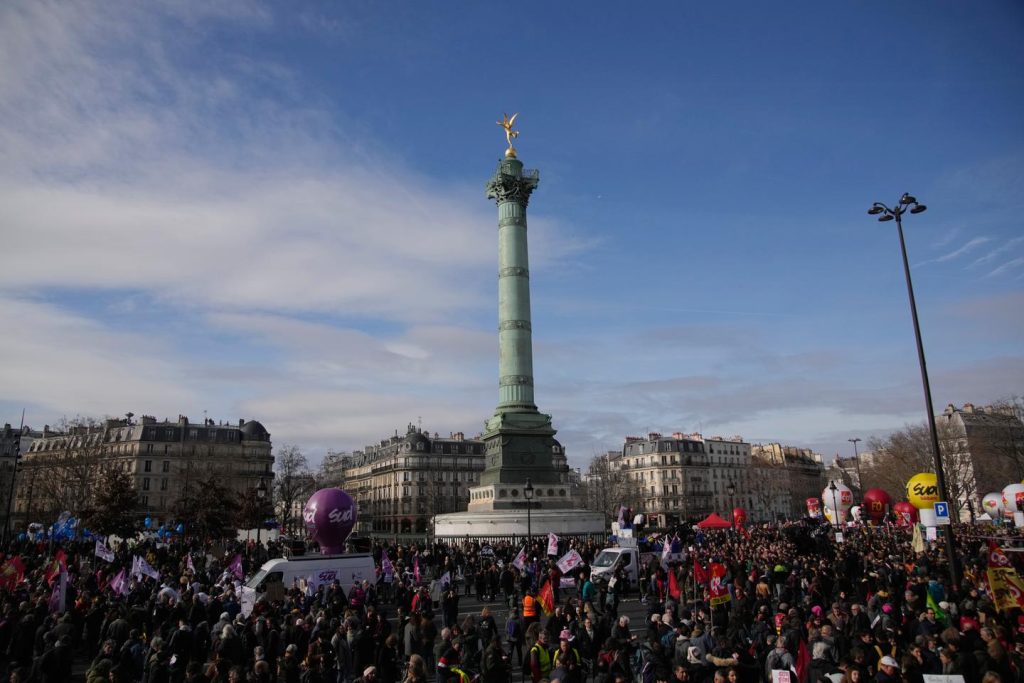The notion of “denial of democracy” has been increasingly used in French political discourse in recent years, reflecting concerns about the government’s actions. Examples of such denials include the use of Article 49 paragraph 3 of the Constitution by the government of Elisabeth Borne, the establishment of a “Republican barrier” against the National Rally (RN) before the legislative elections, and the nomination of Michel Barnier, a member of The Republicans, as prime minister. These actions have been criticized as undermining democratic principles by various political figures and groups, leading to debates about the meaning and relevance of democracy in contemporary French politics.
The frequency and specificity of the use of the term “denial of democracy” have raised questions about its meaning and implications. While opposition forces are expected to criticize the policies of the ruling government, the exponential increase in the use of this expression since the 2000s is noteworthy, especially considering the multiple elections held in the country since 2022. The variety of situations to which the term is applied and the different contexts in which it is used contribute to the complexity of understanding its significance in French political discourse.
The notion of “denial of democracy” can be interpreted in various ways, depending on the context and political environment in which it is invoked. In authoritarian regimes, such as Iran, Belarus, North Korea, and China, it is seen as a clear violation of the will of the people when the government ignores their wishes. However, in democratic countries where elections are held regularly and the will of the majority is respected, the accusation of a denial of democracy becomes more nuanced and complex, often highlighting a gap between the actions of elected officials and the desires of the electorate.
The concept of “denial of democracy” is often used to highlight a lack of respect for popular expression and the discrepancy between the actions of elected officials and the preferences of the citizens who elected them. This can occur when the will of the people, either directly expressed or through their representatives, is not followed or when policies contrary to their preferences are implemented. The notion also implies a breach of trust between the government and the governed, as it entails breaking a tacit promise to adhere to certain unwritten rules of institutional conduct, thereby undermining the democratic process and fairness.
In conclusion, the term “denial of democracy” reflects a broader concern about the state of democracy in contemporary French politics and the perceived disconnect between the government and the people. The notion is used to criticize actions that are seen as undermining democratic principles and violating the will of the electorate, raising questions about the legitimacy and accountability of elected officials. As French political discourse continues to evolve, the debate over the meaning and implications of the denial of democracy will likely remain a central theme in discussions about the future of democracy in France.


